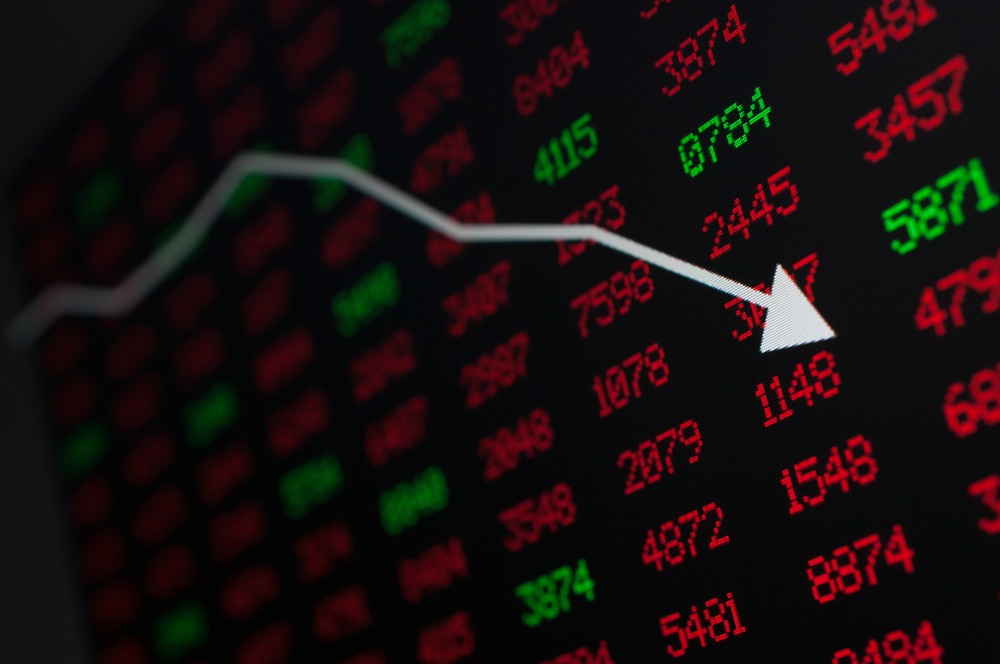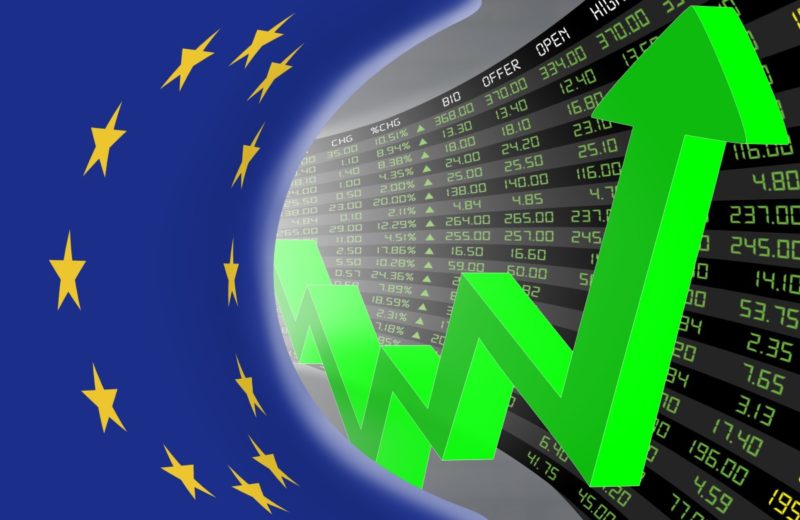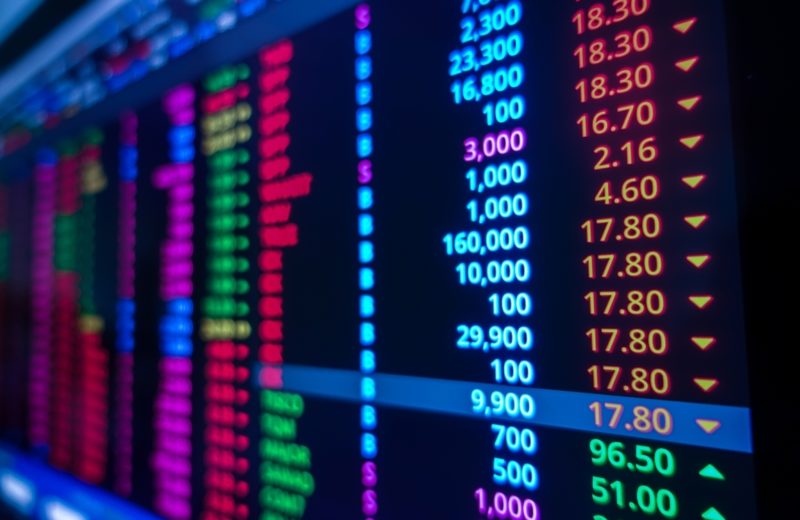Key Points
- Nikkei 225 slightly fell by 0.1%, while the Hang Seng index surged by 2.4%.
- USD/JPY increased slightly, highlighting volatile forex markets.
- Jerome Powell suggested the next Fed move will unlikely be a rate hike.
In recent trading sessions, global stock markets have exhibited mixed reactions to unfolding economic indicators and central bank decisions. The Nikkei 225 slightly declined by 0.1% to close at 38,236.07. Meanwhile, the Hang Seng index saw a substantial gain, rising 2.4% to 18,190.32, buoyed by optimistic investor sentiment in the region. In contrast, the Korean Kospi index edged down by 0.2%, settling at 2,686.30. In Australia, the S&P/ASX 200 experienced moderate growth, advancing 0.2% to 7,587.00, reflecting a cautiously optimistic outlook among investors.
Yen’s 2% Surge Counters Volatility, USD/JPY Climbs to 155.31
The foreign exchange markets also echoed the complexity of current economic conditions. The Japanese yen surged to 2%, reversing course and erasing earlier gains in a volatile session. The USD/JPY currency pair slightly increased from 154.91 to 155.31. This movement suggests a nuanced interplay between investor expectations and real-time economic data, hinting at underlying anxieties about inflation and interest rates.
Fed Holds Rates Steady; South Korea’s Inflation at 2.9%
Significant economic events have cast long shadows over market dynamics. The Federal Reserve has decided to maintain its main interest rate at the highest level since 2001, a cautious approach in light of persistent inflation pressures. Federal Reserve Chair Jerome Powell pointed out that in recent months, inflation has shown a lack of progress toward the Federal Reserve’s 2% objective, highlighting policymakers’ challenges. Moreover, consumer price data from South Korea indicated an inflation rate of 2.9% year-on-year, adding to regional economic pressures.
Stock Market Stability as Fed Hints at Gradual Policy Shifts
Jerome Powell’s comments have shifted market expectations about future monetary policy. He mentioned that it might take more time than anticipated to feel secure enough to reduce rates, and he indicated that it’s unlikely the next move in policy rates would be an increase. This statement has significantly influenced traders’ outlooks, shifting from expectations of six or more rate cuts this year to anticipating one or two, if any. Such sentiments have provided a semblance of stability in the bond market as the Fed indicates a slower pace of shrinking its Treasury holdings.
Economic Turbulence: Stock Markets Brace for Cautious Trading
As markets navigate these complex economic landscapes, investors remain vigilant, weighing each data release and central bank commentary. The mixed responses across different indices and currencies underscore the global financial ecosystem’s sensitivity to macroeconomic shifts. Financial markets face increased volatility and cautious strategies due to uncertain rate hikes and shifting policy expectations.
















